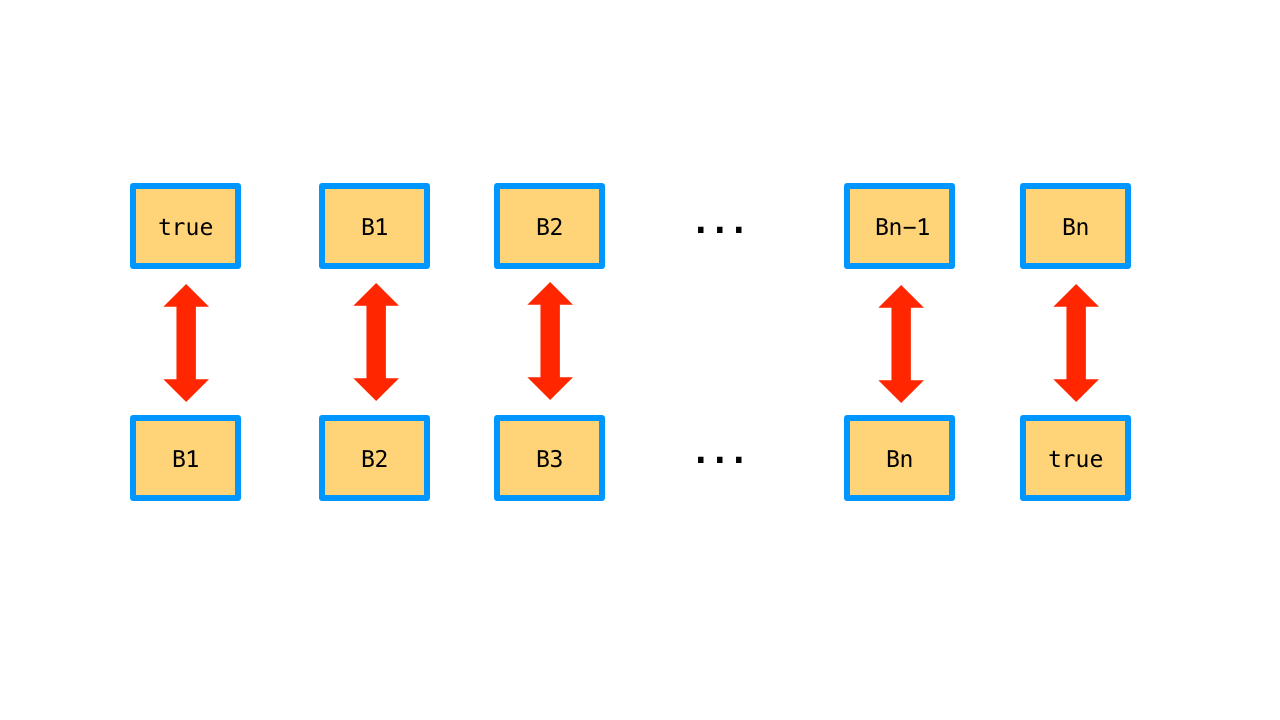Minor, Major and Overarching Design Principles
Design principles are guidelines about how to organize and structure our code to make it manageable. They come through experience, in the general sense of the word. It can be one individual’s own trial and errors that makes them realize what options make code more simple. But in the more general sense, design principles stem […]



